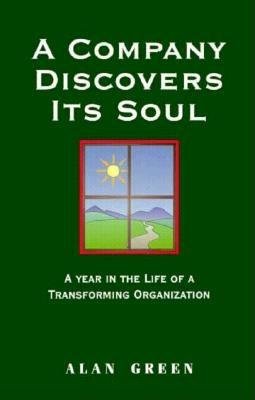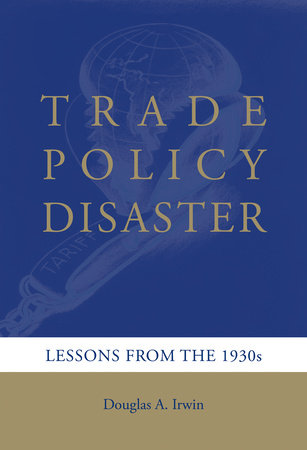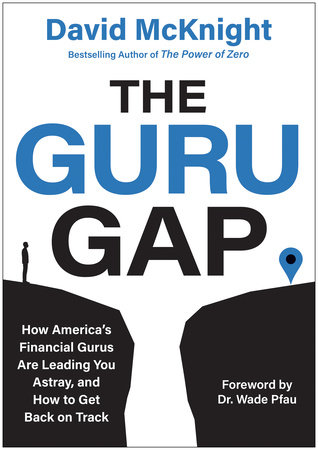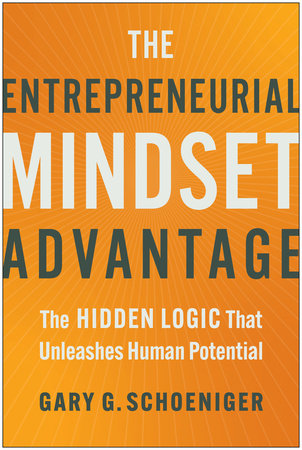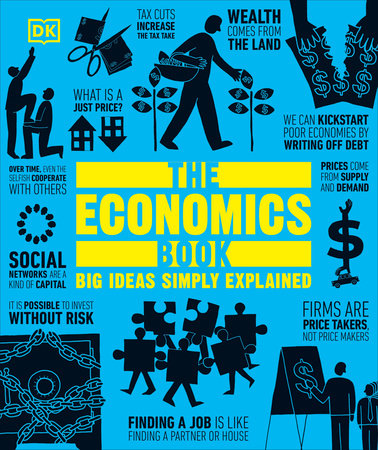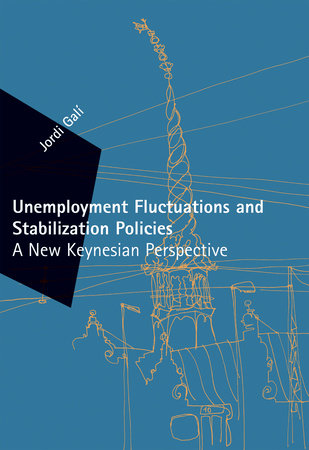A Company Discovers Its Soul is the engaging story of a year in the life of a fictional, yet true-to-life company as it undergoes profound transformation. Grounded in the author's own experiences in organizations, it is a tale that probes deeply into the "soul issues" of organizational life and offers an inspiring and realistic portrayal of how new principles and concepts evolve in everyday business reality.
Randall Hawkes was trained in modern business schools and is CEO of a company founded by his grandfather-a traditional, hierarchical organization that is facing decreasing profits, low morale, and competitors that are taking market share. Recognizing that the managerial techniques he learned in school are now producing dis-ease in himself, his family, his staff, and the organization, Randall becomes convinced that some kind of radical change must be made. Exploring the gradual changes in Randall's own thinking and way of leading the company, A Company Discovers Its Soul illustrates how such a process of change might happen. It shows how-through a combination of humility, courage, rigorous self- and mutual appraisal, and practice-Randall and his staff gradually learn to see the Hawkes Company as a living community.
Most important to this change process is Randall's own change in perception and thinking regarding his role in the organization and his notions about control, ownership, information sharing-and the resulting freedom for his staff, and everyone in the organization, to be more powerful and creative. By the end of the first year of this journey, The Hawkes Company staff has become more strongly aligned around their purpose and vision, the management team has truly become a team, relationships with suppliers and customers have been strengthened, and even their work environments have been improved as employees have taken ownership for maintaining their working spaces, and the plant in general.
Author Alan Green examines the changes that take place in the lives of the company's top management as they struggle to achieve greater effectiveness previously prevented by their control-oriented, narrowly functional roles. Readers will learn along with Randall as he combines the roles of servant, steward, partner, and leader in an effort to create an organizational culture that fosters creativity, cooperation, and resiliency.
